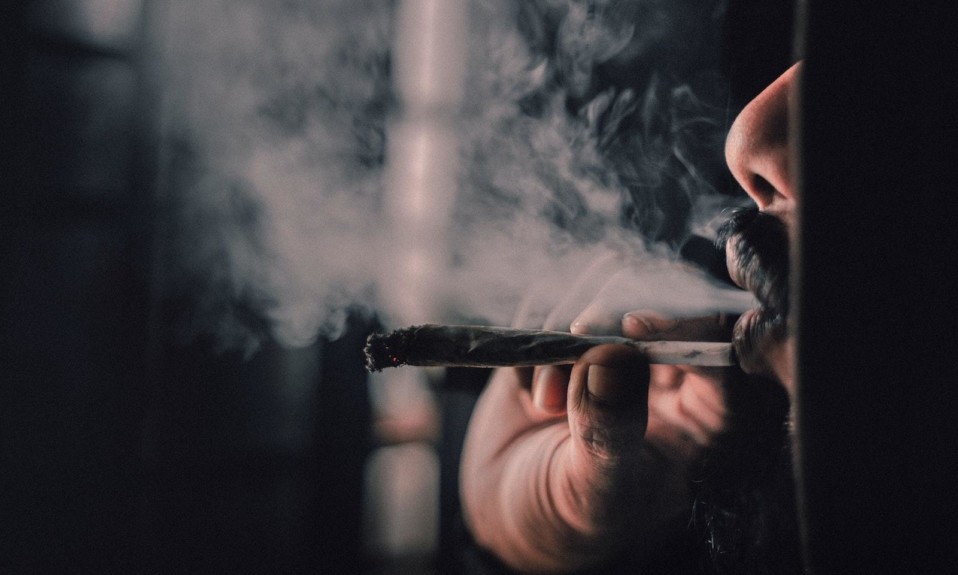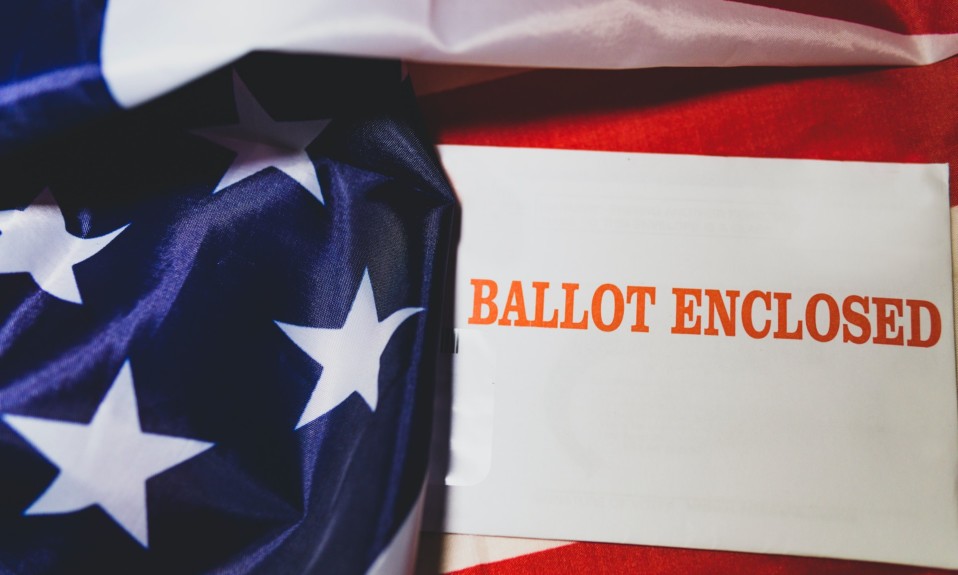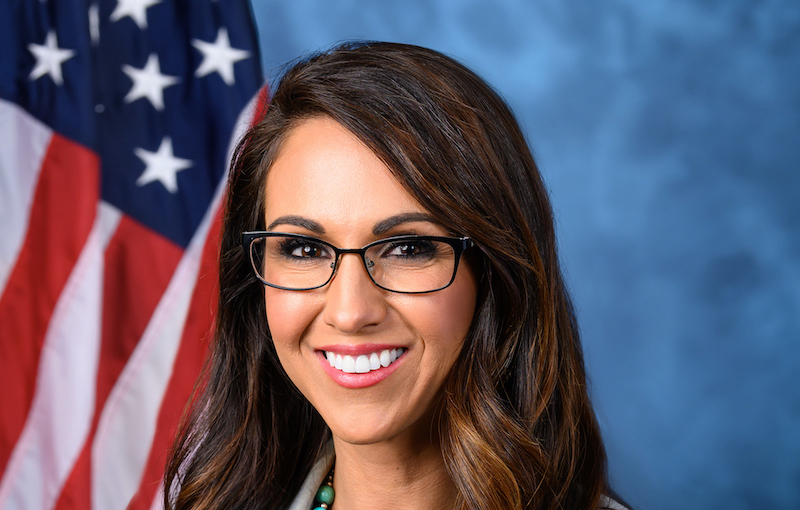The punishment of White House staffers for past weed use sets a bad precedent for a president supposedly dedicated to drug reform
By Jason Langendorf
March 23, 2021As public support for marijuana legalization and decriminalization in the United States hit at an all-time high in 2020, newly elected president Joe Biden was expected to embrace a drug policy that would be unprecedented in this country—an evidence-based approach led with reason and compassion.
All of which makes the recent White House decision to reprimand members of Biden’s staff over past marijuana use a puzzling and disappointing step back on the road to changing America’s punitive approach toward substance use.
Can marijuana use impair decision-making in a work environment? Sure. As can alcohol. But last week’s decision wasn’t made based on a staffer sparking up on company time.”
If the headlines slipped under your radar, here’s a quick recap: Last week, as first reported by the Daily Beast, “dozens of young White House staffers [were] suspended, asked to resign, or placed in a remote work program due to past marijuana use.” According to White House press secretary Jen Psaki, only five staffers were affected by the administration’s response to the results of official employee background checks. But the decision has implications, now and in the future, that reverberate far beyond the White House walls.
How Biden Blundered
Here’s why the decision to punish staffers for their transparency about their past marijuana is a black mark on the Biden White House:
The public is overwhelmingly behind marijuana policy reform. More than two-thirds of adult Americans currently support the legalization of marijuana, according to the latest Gallup data. Since 2012, 15 states and the District of Columbia have legalized recreational cannabis for adults 21 and older. Thirty-six have legalized medical marijuana. If Biden’s campaign rhetoric didn’t fully reflect public sentiment—his statement that “nobody should be in jail for a drug problem” embraced decriminalization, though it fell short of legalization—it was a conscious choice to distance himself from his past support for hardline responses (incarceration, prohibitive fines, forced drug court, etc.) to even relatively minor drug offenses. Americans in favor of marijuana policy reform had every reason to believe Biden was in their corner.
This isn’t a garden-variety broken campaign promise. Biden and vice president Kamala Harris, a former district attorney often labeled as a law-and-order prosecutor, took great pains during the presidential campaign to persuade the public that they had changed their tune on punitive drug policies. Worse, though, some staffers affected by last week’s decision, including several whose marijuana use was limited to one of the states in which recreational use is legal, supposedly had been led to believe before joining the administration that they wouldn’t be punished for their past activity. If true, that’s more than a campaign bait-and-switch—it’s a betrayal.
Last week’s blunder is something the president can bounce back from. Even if a reversal or a public apology isn’t forthcoming, Biden can immediately begin mending fences with a serious and sustained approach to ending America’s punitive drug policies.”
The implication that past marijuana use compromises job performance is false. Can marijuana use impair decision-making in a work environment? Sure. As can alcohol. But last week’s decision wasn’t made based on a staffer sparking up on company time. Employees were punished based on past use. Those employees were reportedly given no explanation, even after the fact, of specific lines that had been crossed or rules that had been broken.
“The White House’s policy will maintain the absolute highest standards for service in government that the president expects from his administration, while acknowledging the reality that state and local marijuana laws have changed significantly across the country in recent years,” a White House spokesperson told the Daily Beast. “This decision was made following intensive consultation with career security officials and will effectively protect our national security while modernizing policies to ensure that talented and otherwise well-qualified applicants with limited marijuana use will not be barred from serving the American people.”
If protecting state secrets from the perils of pot-smoking staffers had been an issue, why were prospective employees told not to worry about past marijuana use upon applying? Why would they have been encouraged to be honest in background checks during the bureaucratic hoop-jumping process? And what is the threshold for past marijuana use—how much is too much?
The Ramifications of Biden’s Actions
At best, the decision is an example of bad hiring practices and a lapse in judgment from a White House that, thus far, has otherwise hit the right notes around drug policy. At worst, it’s an example of unethical and potentially discriminatory hiring practices—the sort that perpetuate the stigma surrounding substance use and addiction that Biden has claimed to be dedicated to eliminating.
Still, last week’s blunder is something the president can bounce back from. Even if a reversal or a public apology isn’t forthcoming, Biden can immediately begin mending fences with a serious and sustained approach to ending America’s punitive drug policies. It will, however, require a choice: Enact a modern, evenhanded approach to marijuana regulation aligned with the stance he struck during the presidential campaign, or continue to hold the line, like so many of Biden’s predecessors in the hopelessly doomed War on Drugs.
Jason Langendorf is a reporter for TreatementMagazine.com.
Photo: Ahmed Zayan













